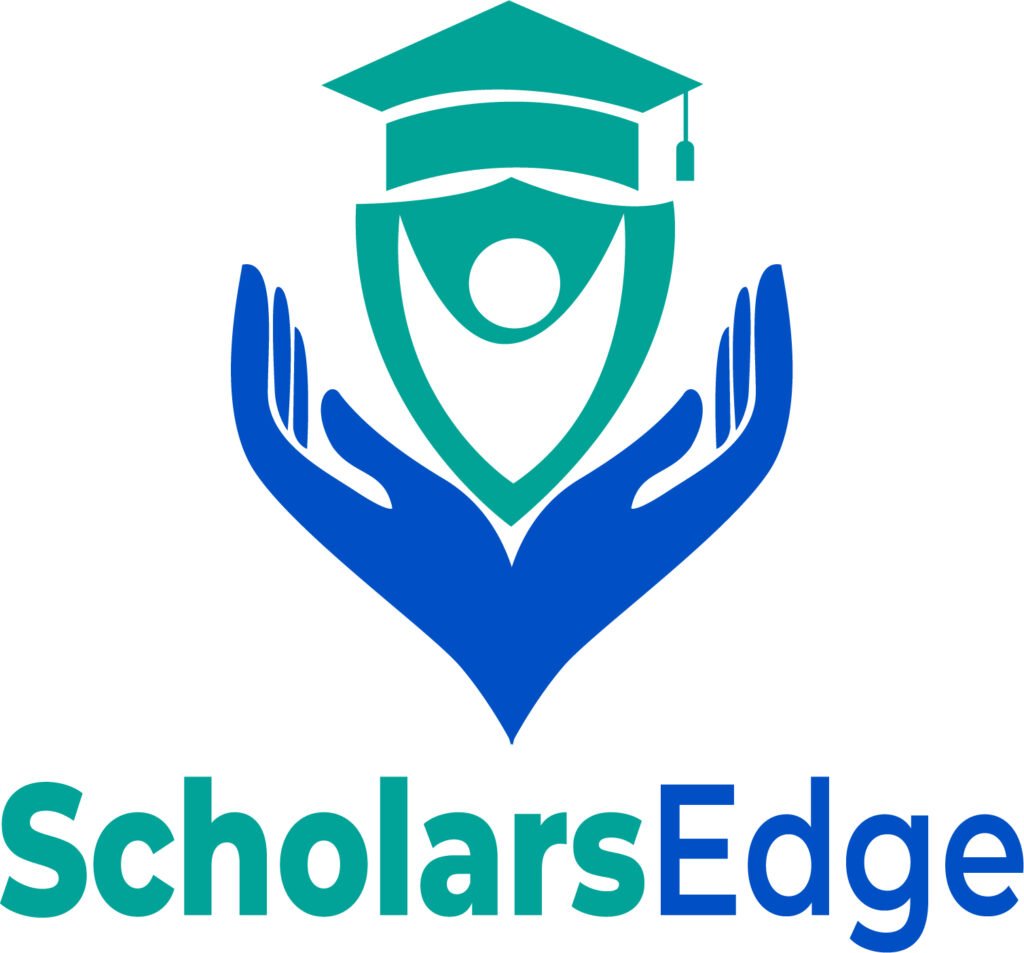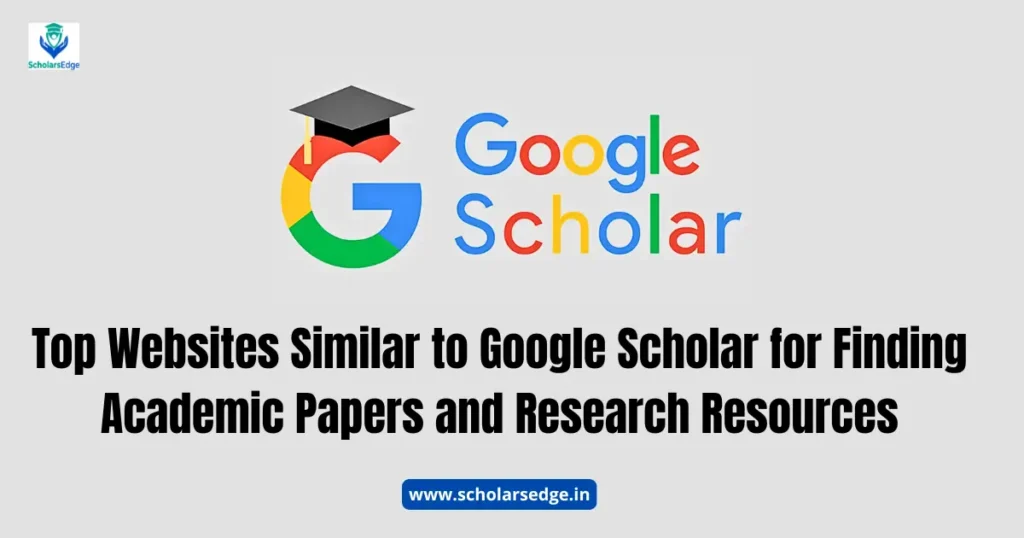
Google Scholar is a cornerstone of academic research, providing access to scholarly literature across various disciplines. However, relying solely on this platform can limit researchers’ access to diverse resources. This article explores alternatives to Google Scholar that can enhance research capabilities, offering unique features and specialized collections.
Why Seek Alternatives to Google Scholar?
While Google Scholar offers numerous advantages, it also has notable limitations:
- Paywalls and Restricted Access: Many articles indexed by Google Scholar are behind paywalls, making them inaccessible without institutional subscriptions or individual purchases.
- Limited Search Features: Google Scholar’s search capabilities are basic compared to specialized databases, lacking advanced filtering options to refine results based on criteria like publication type or date.
- Coverage Gaps: Some critical literature may not be indexed by Google Scholar, particularly in niche fields or emerging research areas.
Using multiple academic search engines allows researchers to maximize their reach and access a broader spectrum of scholarly articles, research papers, and credible studies. Each platform often offers unique features that cater to specific research needs.
Top Google Scholar Alternatives for Academic Research
1. Semantic Scholar
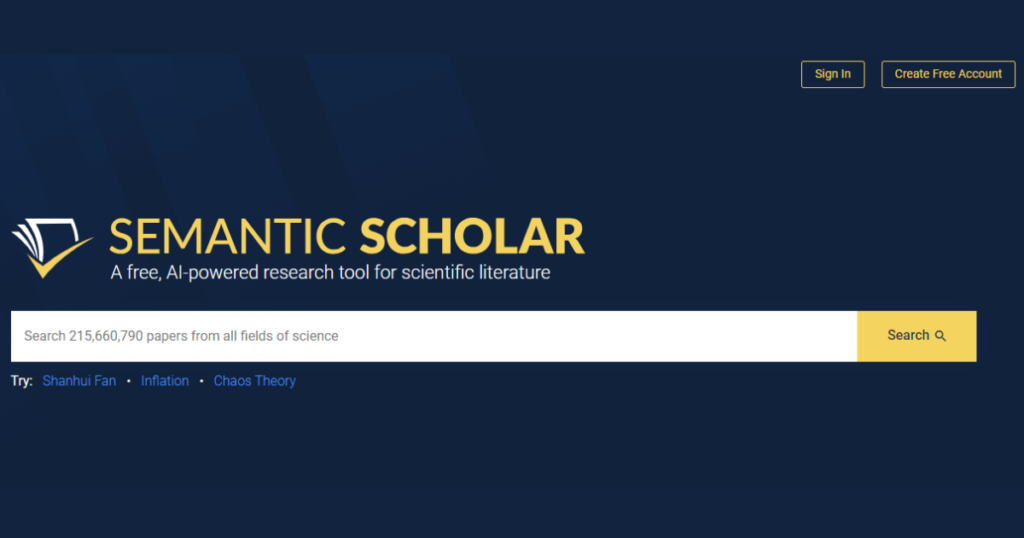
Overview: Semantic Scholar focuses on AI-enhanced search capabilities, particularly in scientific and technical fields.
Features: It highlights “Highly Influential Citations,” provides personalized feeds, and recommends relevant papers based on user behavior.
Pros: The user-friendly interface simplifies navigation, while accessible summaries help researchers quickly evaluate paper relevance.
2. BASE (Bielefeld Academic Search Engine)
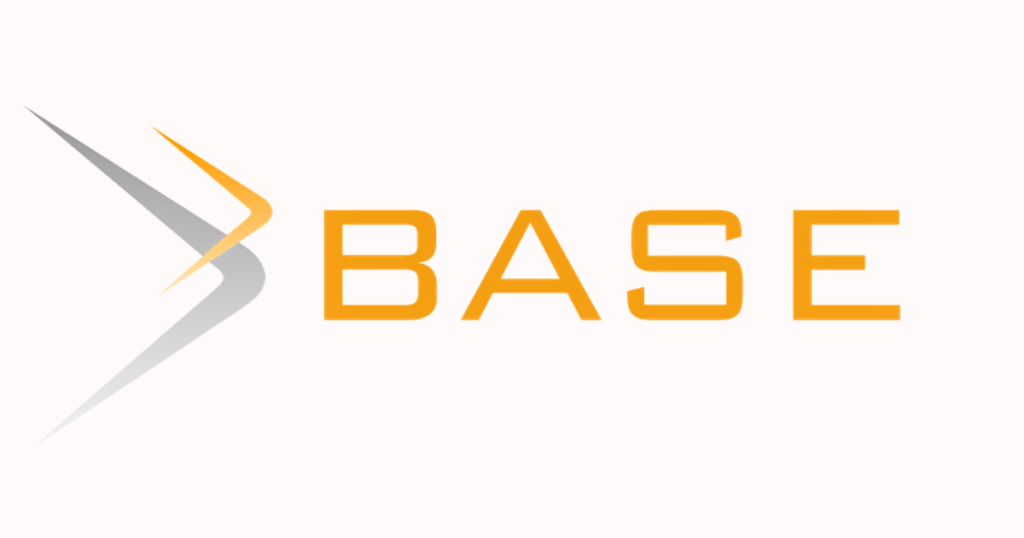
Key Features: BASE aggregates over 100 million documents from various databases, making it one of the largest academic search engines.
Advantages: It emphasizes open-access resources and offers comprehensive subject coverage.
Use Cases: Ideal for locating full-text academic sources without paywalls, making it invaluable for researchers with limited budgets.
3. PubMed and PubMed Central
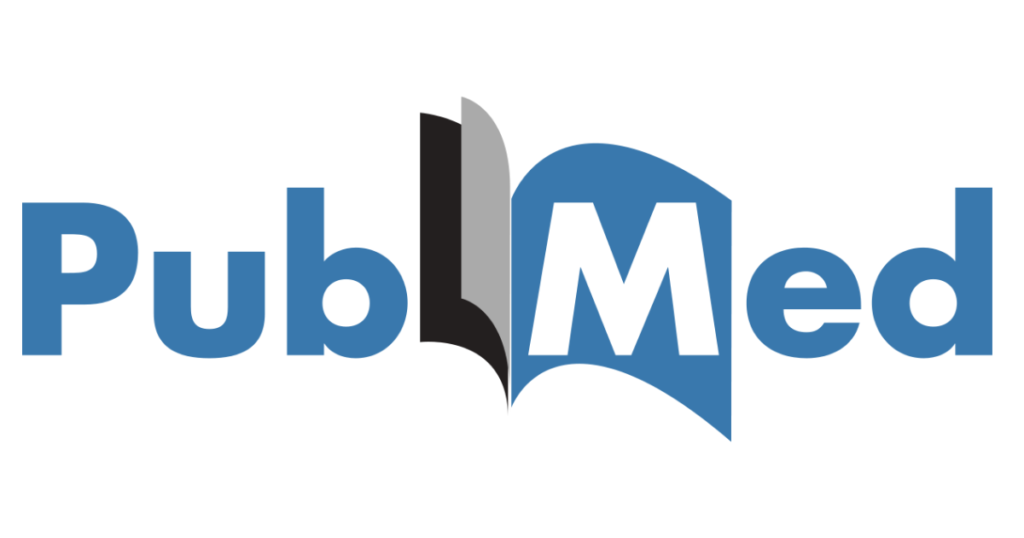
Specialization: These platforms are tailored for medical, health sciences, and life sciences research.
Benefits: They provide access to a vast repository of medical papers, with many articles available as free full texts on PubMed Central.
When to Use: Essential for health-related research needs and clinical studies.
4. ResearchGate
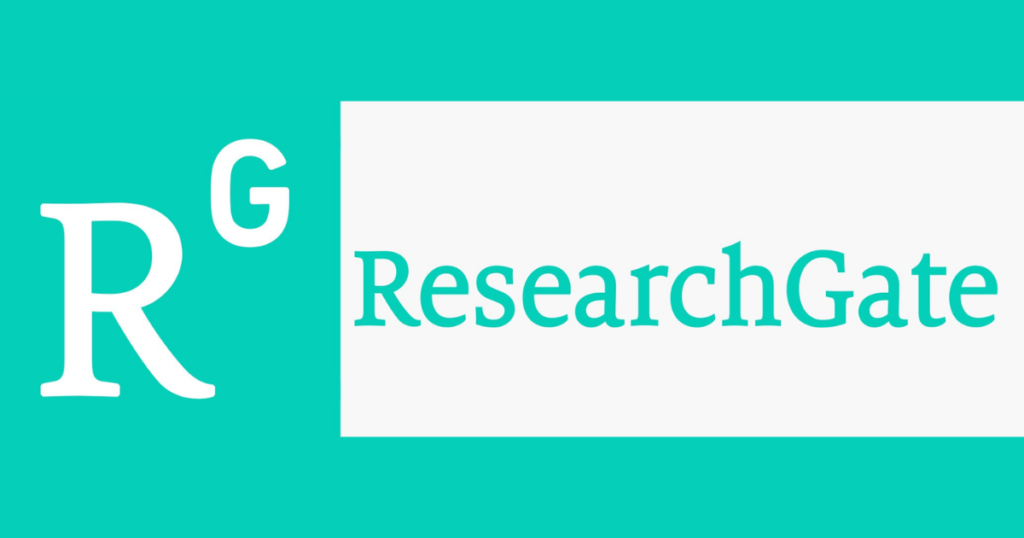
Unique Features: ResearchGate serves as a research networking platform where scholars can connect directly with authors and access preprints.
Pros: The community-driven aspect fosters collaboration, allowing researchers to ask questions and receive peer feedback.
Ideal For: Networking with other researchers and accessing diverse research fields through shared publications.
5. JSTOR

Overview: JSTOR is a trusted digital library that houses academic journal articles, books, and primary sources across various disciplines.
Advantages: Particularly strong in the humanities, arts, and social sciences.
Cons: Full access requires a subscription; however, some content is available for free.
6. ERIC (Education Resources Information Center)
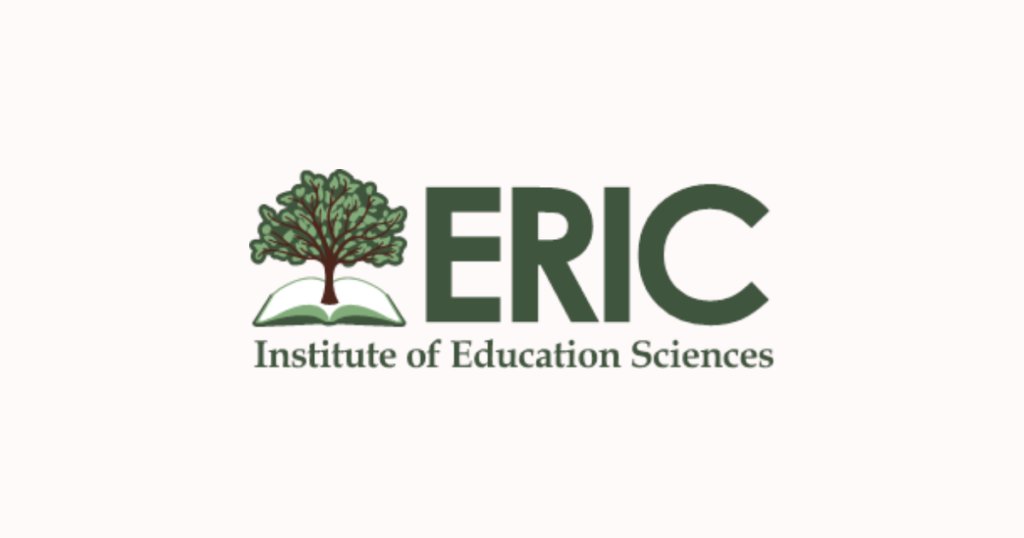
Focus: ERIC specializes in education-related literature, providing access to peer-reviewed research and resources.
Unique Features: Offers free access to education-focused articles sponsored by the U.S. Department of Education.
Best For: Educators and researchers in education seeking comprehensive resources.
7. ScienceDirect
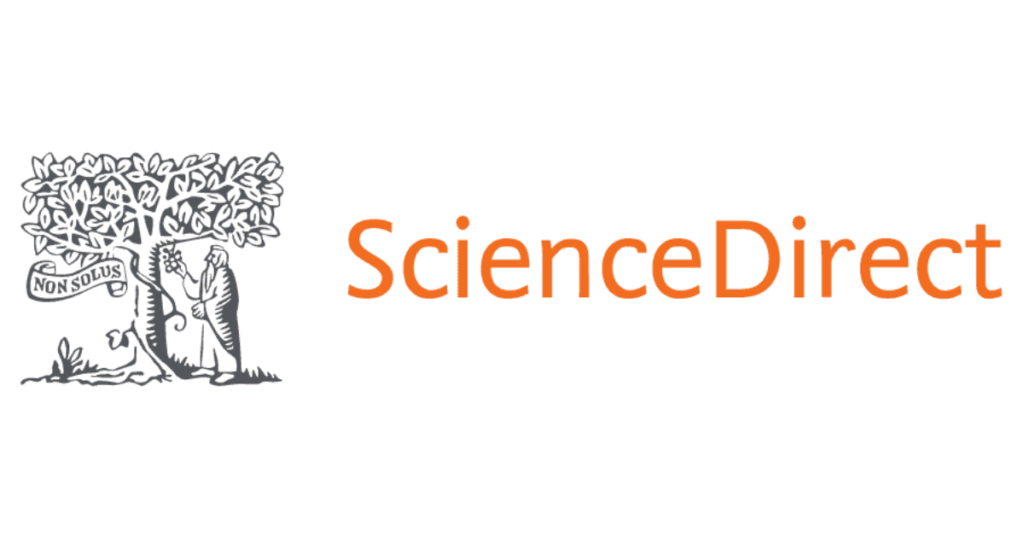
Key Features: ScienceDirect provides a comprehensive database of scientific articles across multiple disciplines.
Pros: Users can access Elsevier journals with advanced search capabilities for targeted research inquiries.
Suitable For: Researchers focusing on science, engineering, and health topics (subscription required).
8. SSRN (Social Science Research Network)
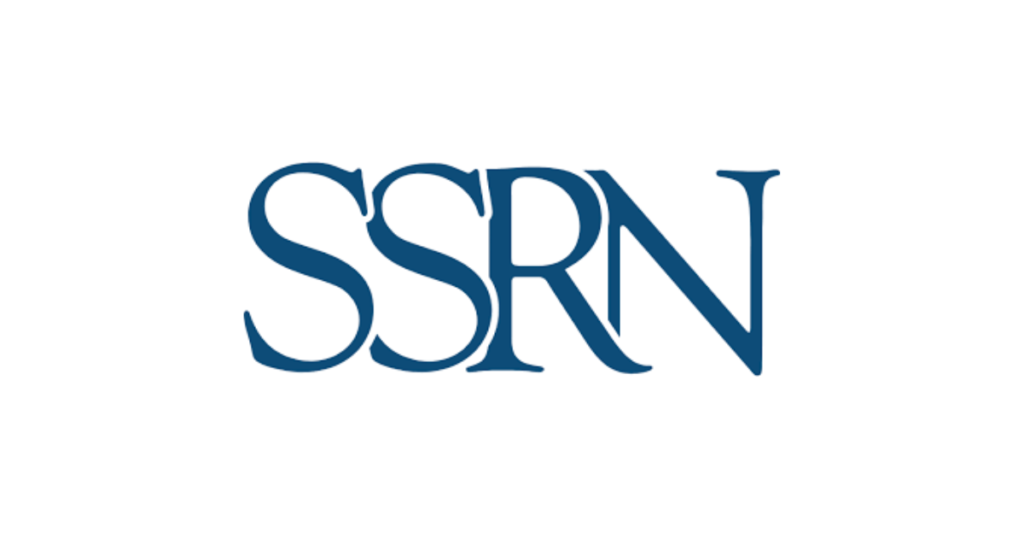
Specialization: SSRN is dedicated to social sciences, humanities, business, and economics research.
Features: Offers free preprints and working papers alongside community insights from scholars.
Best For: Discovering the latest developments in social science research while networking with academics.
9. Directory of Open Access Journals (DOAJ)
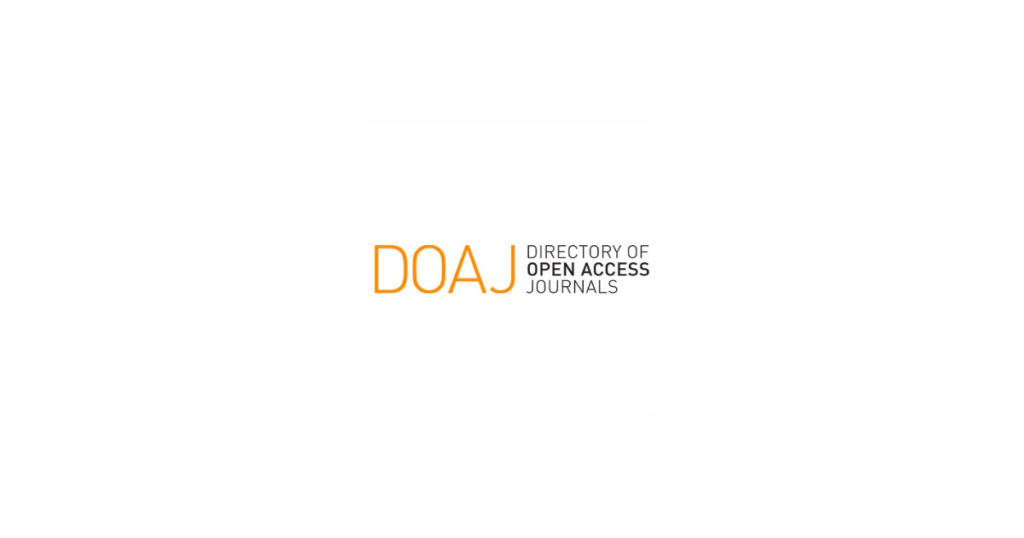
Overview: DOAJ is an open-access journal directory featuring over 17,000 peer-reviewed journals across various disciplines.
Advantages: It provides full, open access to content without paywalls, promoting accessibility to interdisciplinary research.
Perfect For: Researchers seeking freely accessible peer-reviewed articles without subscription barriers.
10. CORE (Connecting Repositories)
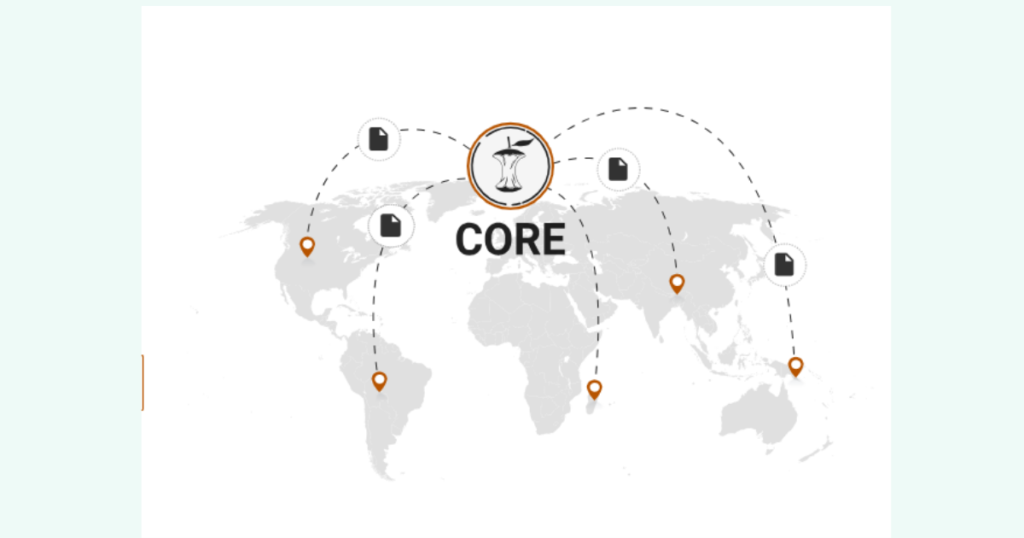
Key Features: CORE aggregates millions of open-access research papers from repositories worldwide.
Pros: Offers a large volume of free-to-read papers covering diverse academic fields.
Ideal For: Researchers looking for accessible materials across various disciplines without financial constraints.
Honorable Mentions
- Academia.edu: A platform for sharing research papers and networking among academics.
- Open Access Theses and Dissertations (OATD): A resource for accessing global theses and dissertations.
- Wiley Online Library: Provides access to numerous academic journals (subscription required).
- Scopus: An abstract and citation database for academic articles (often requires institutional access).
How to Choose the Right Platform for Your Research
When selecting an alternative platform for academic research:
- Subject-Specific Databases: Consider databases specializing in your field for more relevant results.
- Full-Text Access: Ensure the platform provides access to full-text articles when needed.
- Ease of Use: Evaluate user interfaces; intuitive platforms can save time during searches.
- Networking Opportunities: Platforms facilitating connections with other researchers can enhance collaboration prospects.
Combining open-access resources with subscription-based databases can lead to a more comprehensive literature review by maximizing available data while minimizing costs associated with accessing premium content.
Using Academic Paper Search Engines Effectively
To optimize your use of these platforms:
- Refine Searches: Utilize advanced filters where available to narrow down results by publication date or article type.
- Track Citations: Use citation tracking features to discover related works or influential studies in your area.
- Stay Updated: Set up alerts or notifications for new publications related to your interests or ongoing projects.
By leveraging these strategies across multiple platforms, you can significantly enhance your academic research experience while ensuring you get all critical literature relevant to your work.
Conclusion
Exploring alternatives to Google Scholar can greatly expand your access to academic articles and resources. Each platform discussed offers unique features tailored to different fields of study or types of content. By diversifying your research tools, you can deepen your understanding of your area of interest while ensuring you have the most comprehensive view possible. Embrace these resources as part of your academic toolkit for effective study and exploration in your scholarly pursuits.
FAQs
What is the best site for academic and research papers?
The best site for academic and research papers is Google Scholar. It offers a vast database, indexing approximately 200 million articles across various disciplines. Google Scholar provides free access to many research papers and often links to full-text PDFs, making it a top choice for researchers seeking scholarly literature.
Is there anything similar to Google Scholar?
For alternatives similar to Google Scholar, Semantic Scholar is noteworthy. This AI-powered tool helps users find and understand scientific literature by providing summaries and related research recommendations. Another option is CORE, which aggregates open-access research papers and allows users to access full-text articles directly.
Which search engine is best for academic research?
When it comes to search engines specifically designed for academic research, BASE (Bielefeld Academic Search Engine) stands out. It offers access to around 136 million articles, primarily from open-access sources. Other notable engines include Science.gov, which compiles results from multiple U.S. federal agencies, and the Directory of Open Access Journals (DOAJ), which indexes high-quality peer-reviewed journals.
